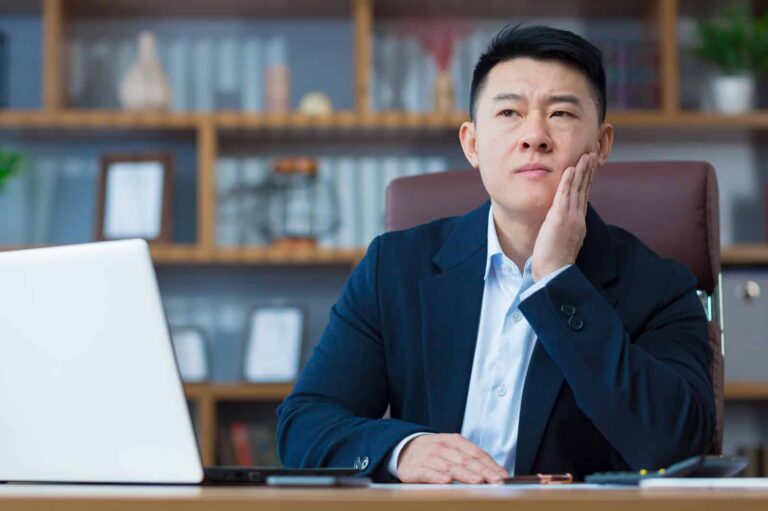Estate Planning for Divorcees (part 2)
Lisa Gay (Business Development Executive, Marketing) caught up with Ms Lim Kim Hong (Advocate & Solicitor, Sole Proprietor, Kim & Co.) and Tan Hwee Heng (Head of Marketing Department, Precepts) to understand more about estate planning for divorcees. Ms Kim, fondly known as Kim, has been practising law as an advocate and solicitor since 1988. She has been running her own practice, Kim & Co, for the last 17 years.
Previously in Issue 18, we featured some questions that are commonly asked by many of Precepts clients. Below are further questions addressed during the discussion.

Lim Kim Hong
Advocate & Solicitor Sole Proprietor
Kim and Co.
LG: Can you elaborate more on what are the criteria the testator should consider when appointing a Trustee in the Will to handle the monies meant for the children?
HH: After the divorce, the trust between both parties may have diminished significantly. Hence the testator is usually concerned that if he/ she does not plan properly, monies left for the child or children may not be used for the right cause. They are most concerned that the monies left in the estate, meant for the children will be “hijacked” by the ex- spouse. Hence the trustee should be someone who can deal with the ex-spouse over a long-term basis.
Kim: If the Will provides for minor children as beneficiaries, the Testator will normally provide for the Trustee to hold monies left for the children upon their attaining a certain age. However, there will also be an express clause for the Trustee to apply those monies for the children’s health, welfare and education pending such age.
HH: Indeed, the ex-spouse may still have significant emotional influence on the children while they are of tender age or even beyond. Hence, when these children receive the deceased parent’s monies at age 21, tensions will arise because the surviving spouse may make emotional demands to ask the children to hand over the monies to him/ her. This can create a hostile environment for the children.
We usually recommend clients to state that the remaining monies left after maintenance, education, insurance needs, be distributed to the children upon only reaching a more matured age or upon reaching some milestones. This is crucial. The children should not be faced with the emotional stress by the ex- spouse asking for monies left by the testator at that age when they may be still residing in the same household. So, most of the remaining monies can be inherited by the children when they own their house or the trustee can also use the monies from the estate to help the children pay for expenses directly, without the children receiving the monies in their bank accounts.
LG: How about some clients who have decided that they simply do not wish to leave anything for the children?
Kim: Under the Guardianship of Infants Act, the surviving parent, that is the ex-spouse or legal guardians appointed in the Will are required to maintain the child. Under the Family Maintenance Act, the surviving ex-spouse can still apply to court to request for maintenance from the estate, if there are no provisions made in the Will. For example, the father is required to provide a monthly maintenance under the divorce settlement to the mother. The mother who is the ex-spouse, can apply to court to request the estate of the father to provide for the child.
LG: Does the estate need to provide for ALL the expenses of the children?
HH: It might not be prudent to not leave anything for the children completely. On the other hand, based on our experience in handling such estates, for modern families, if it has always been a shared responsibility, it can be considered fair that one party need not necessarily pay for the full share of the expenses of the children. If the deceased is the mother, the mother’s estate need not pay for all the children’s expenses going forward. An example will be that the Will can state that mother’s estate shall only pay 50% of the enrichment classes and 50% of holiday expenses incurred on a yearly basis. Such instructions can be stated in the Will for the appointed Trustee to act on.
There will be cases where the ex-spouse may demand that the estate pays for the full expenses. Individual trustee may not know how to handle such demands if the Will has been silent on this issue. For example. the ex-spouse may state that $10,000 was spent for family holidays for the children, which actually includes the ex-spouse’s own expenses. If it is an individual trustee who has no experience in handling such demands, it is easy to succumb to such demands because the ex-spouse may potentially influence the children to turn against the trustee. The inexperienced trustee will even have to deal with threats of being sued.
This is where professional trustee companies like Precepts Trustee can be most effective because we can deal with the ex-spouse for the long term without being pressurized by such demands. Such demands might also need to go through the Precepts Board of Trustees to ensure any distribution fulfils the intention of the deceased parent. Hence there is a lot more oversight as well as consistency over decades. The professional trustee will only pay the fair share of expenses for the children.
Useful Guide to Terms & Points to note:
Custody:
Part of Divorce settlements. Parent who has custody will be able to make long term decisions for the children.
Guardianship:
Appointment through a Will (for estate planning purpose). Surviving parent will be a natural guardian.
Testator:
The person who is making the Will.
Trustee:
Handles the distribution of the Estate monies. Need not be the same person as the guardian.
Testamentary Trust:
A trust set up via a Will, to state how the monies shall be distributed over a period of time.
Age 21:
Legal age to inherit remaining monies left by the estate for the minor children if the Will does not state otherwise.














